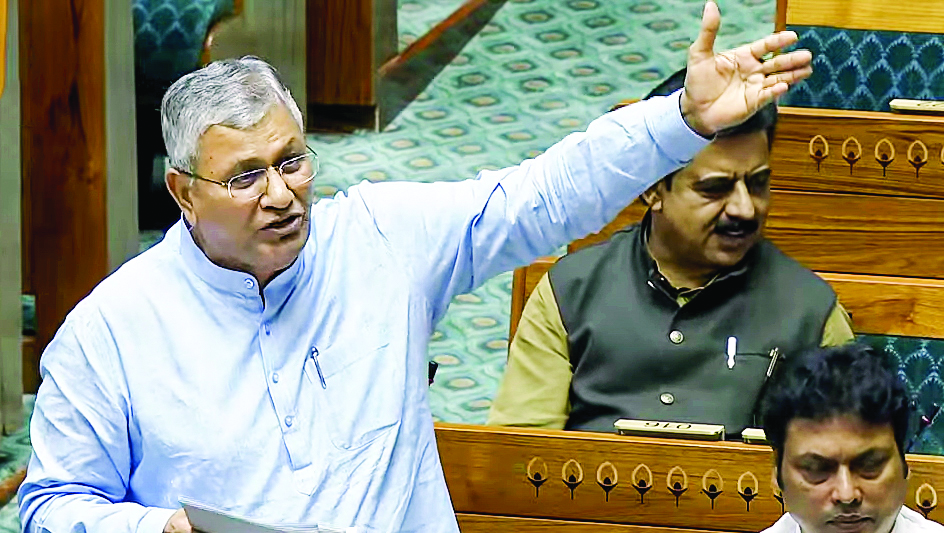New Delhi: A 39-member Joint Parliamentary Committee (JPC), chaired by BJP MP PP Chaudhary, has been formed to review the bills enabling ‘One Nation, One Election.’ The committee, comprising members from various parties, including prominent BJP and opposition leaders, will analyze the feasibility of simultaneous elections and submit its report by the next parliamentary session’s last week.
The JPC is tasked with examining the Constitution (129th Amendment) Bill, 2024, and the Union Territories Laws (Amendment) Bill, 2024. These bills aim to amend the Constitution to enable synchronized elections to the Lok Sabha, state assemblies, and local bodies, fulfilling a longstanding agenda of the BJP.
The committee includes prominent leaders from various political parties, reflecting broad representation across the political spectrum. The members include key BJP figures like Anurag Thakur, Bansuri Swaraj, and Sambit Patra, as well as opposition leaders such as Priyanka Gandhi Vadra, Manish Tewari, and Supriya Sule. Of the 39 members, 16 are from the BJP, five are from the Congress, and the remaining represent a mix of regional parties. The NDA has 19 members on the committee, while the opposition INDIA bloc has 15. Additionally, the BJD and the YSRCP, neither of which are formally aligned with the ruling coalition or the opposition, are also represented.
Union law minister Arjun Ram Meghwal, who introduced the bills in the Lok Sabha amid a heated debate, emphasized the importance of the JPC’s role in analyzing the feasibility and mechanics of simultaneous elections. The Committee is expected to submit its report by the first day of the last week of the next parliamentary session. However, given the complexity of the subject, its tenure may be extended.
The government has touted the ‘One Nation, One Election’ framework as a transformative reform to streamline governance, reduce election-related expenses, and minimize the disruption caused by frequent electoral cycles. However, the initiative has drawn criticism from some opposition parties, who argue that it could centralize power and undermine federalism.

